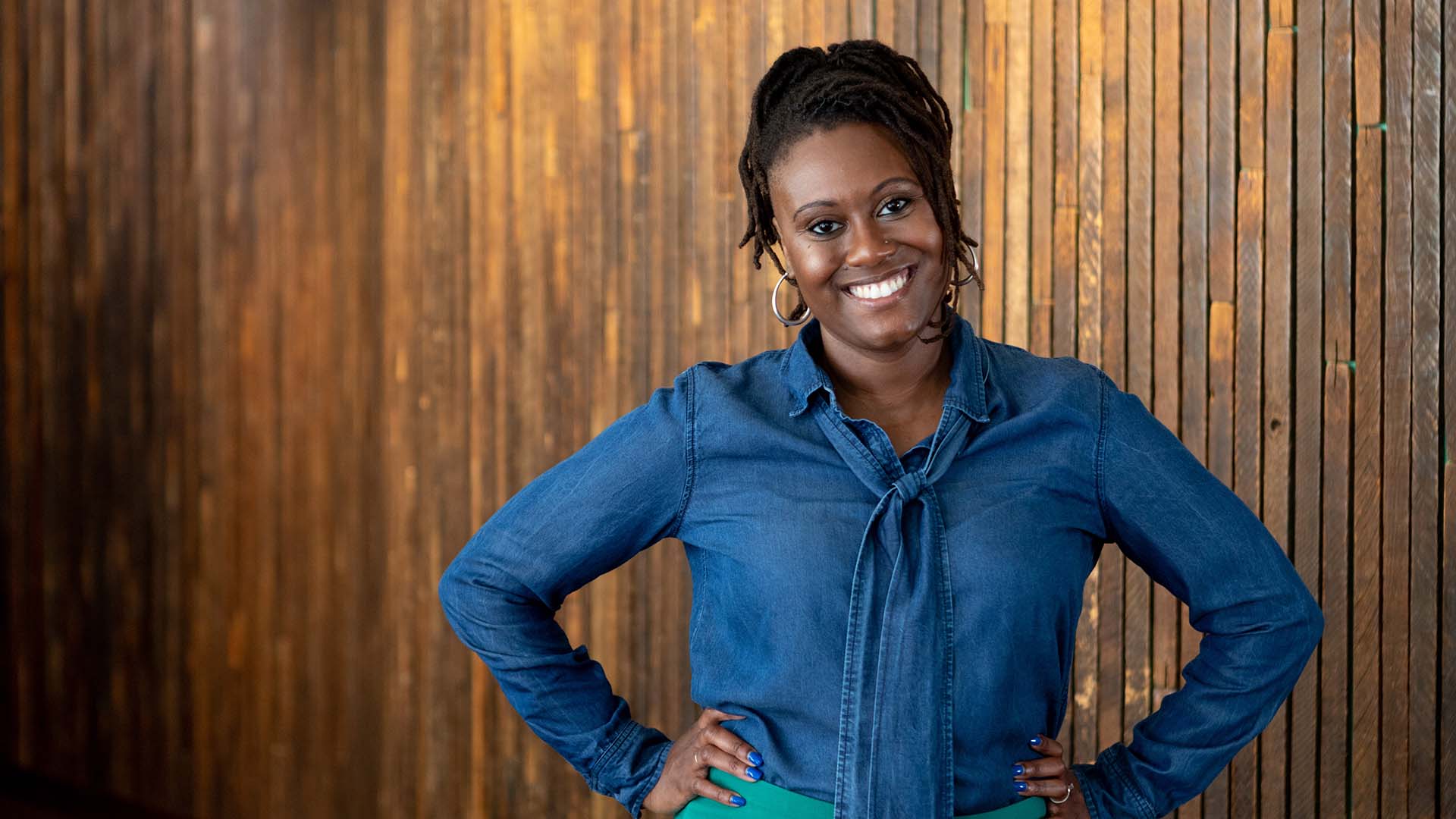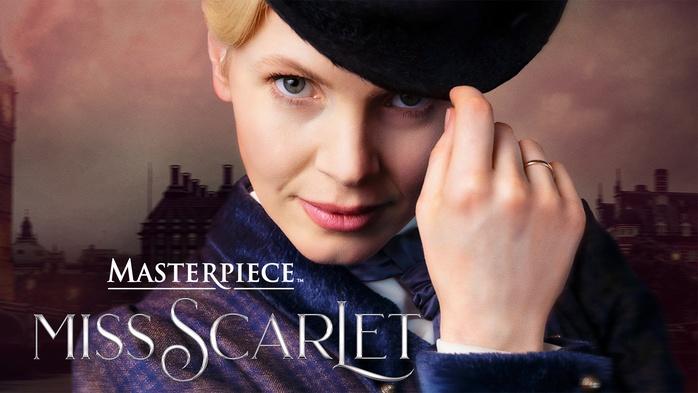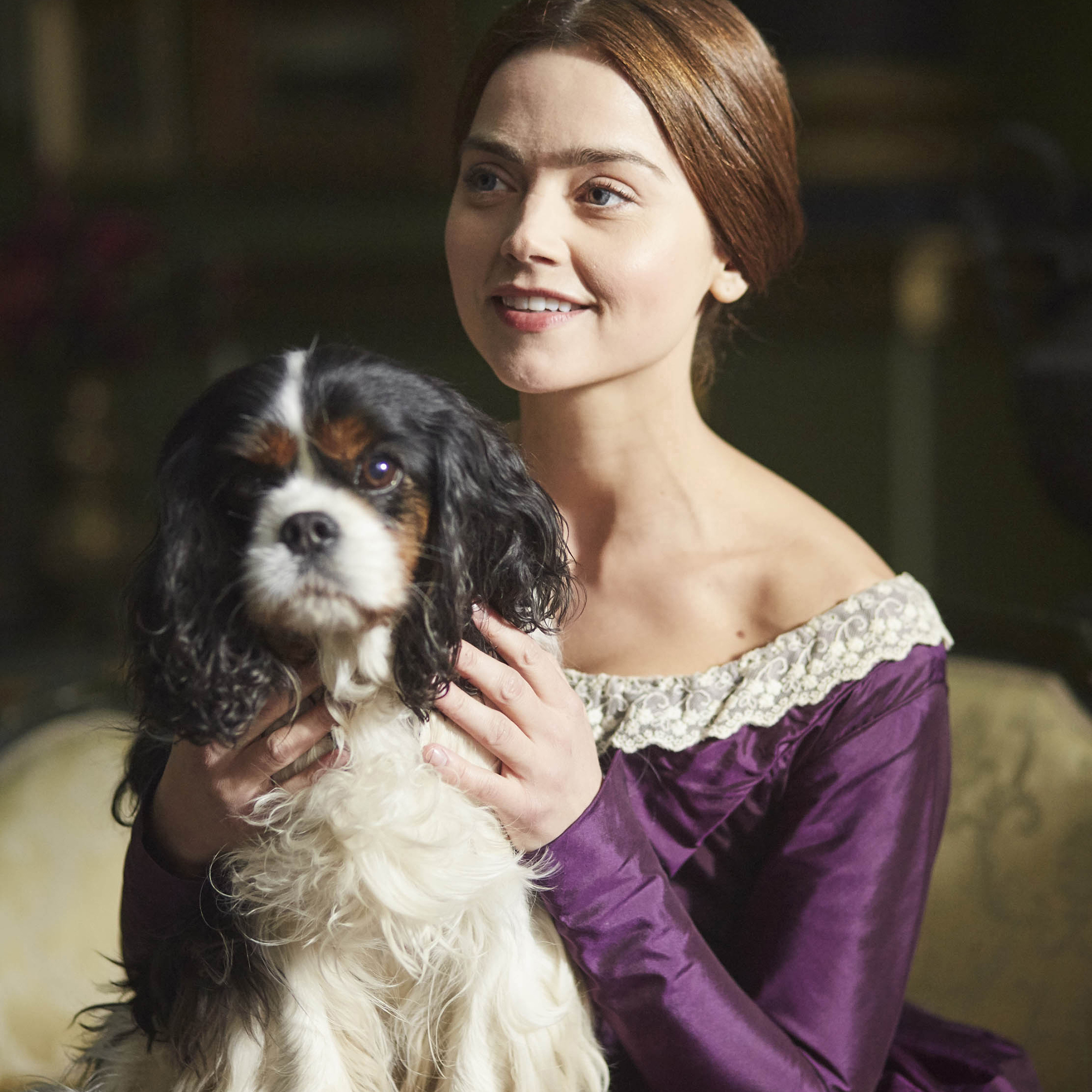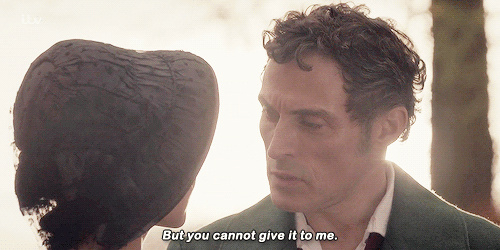Victorious Blog, Episode 2: “Brocket Hall”
January 23, 2017 Leave a Comment
“I speak to you not as a queen but as a woman …”
This is the second post of the Victorious Blog series. Click here to read the series.
This week, we saw “Brocket Hall” – or, as I’d like to call it, “The Romance Episode.” (Missed it? Watch here.) Despite the Chartists’ political uprisings that negatively affected both Victoria and Mrs. Jenkins, as well as Francatelli’s constant harassment of Miss Skerrett, the heart of this episode centered on Victoria’s love life.
Much of “Brocket Hall” revolved around Victoria and Lord Melbourne… with hints sprinkled throughout the narrative about the impending arrival of Prince Albert (Tom Hughes). Other suitors abound: Prince George is awfully boring; the Russian Grand Duke is much less boring, but not quite up to par. Victoria claims that Prince Albert used to be a bother, but we know – thanks, history! – that she’ll change her tune.
More about Prince Albert soon. For now, though, let’s take a look at Victoria and Lord Melbourne. In a world where suitors abound, Victoria has trouble thinking about anyone other than Lord M.
Anyone who marries Victoria will become pretty powerful overnight, and their families will no doubt benefit from that power. With so much at stake, everyone is plotting. The overwhelming consensus is that Victoria should marry her cousin Prince Albert, who can keep her in line. You know – make sure she forgets about the rats.
Everyone in Victoria’s life makes it clear that not only does she need to get married immediately, a relationship with Lord M. is unacceptable. This poor Queen is “drowning in uncles,” and all of these uncles are very opinionated.
In the end, it’s Lord M. who succumbs to the constant pressure from Victoria’s relatives. He makes the decision to push Victoria away. Our girl Victoria is hangin’ out with her posse, sipping tea, and waiting on Lord M…. but he doesn’t show up when expected. When she hears that he’s at Brocket Hall, she snatches an unmarked carriage and heads toward a confrontation.
She finds him outside with the gregarious rooks. He explains that he’s drawn to these social creatures: they mate for life. It’s all very endearing.
Speaking “not as a queen but as a woman,” Victoria takes this moment to confess that she first saw Lord M. as the father she never had (Victoria’s real father died when she was a baby), but she soon realized that he was the only companion she could ever want.
Lord M. responds in the most devastating way possible, claiming that – much like the rooks – he mates for life. He cannot possibly be with her because he’s still in love with his wife who left him. “You cannot give your heart to me – I have no use for it!”
(Conversation in the WPT offices: “Ooh, a nice hair-blowing .gif!” [sighs] “There’s nothing better.”)
Of course, millions of signs, like his constant jealousy over her suitors – and, um, maybe all those orchids – tell us that Lord M. is lying about being over Victoria. The pining on both sides could stock Christmas-tree farms for years to come.
Let’s back up for a moment. As The New York Times remarked in a recent article, “It’s a tricky thing to translate a human life, with all its unknowable quirks and happenings, to pull a narrative arc from the scattered chronology of events.”
We know that the narrative in Victoria on Masterpiece, based on Daisy Goodwin’s fictional yet heavily researched account, draws on the Queen’s own diary. Even so, the picture remains somewhat unclear, as the Times goes on to explain:
Queen Victoria’s historical image was carefully curated by those closest to her . . . Victoria’s daughter Beatrice transcribed her mother’s journals and edited out everything that seemed to reflect poorly on her, then burned the originals . . . Her family tried to erase all evidence that she cared deeply for any of the men in her life other than her adored Prince Albert, from Lord Melbourne to her Highland servant John Brown. Victoria’s sanitized, puritanical mythology was a creative act of fiction intended to illuminate the woman those around her wanted her to be … Goodwin [is] seeking the woman she actually was.
Long story short: it’s complicated. Matters in Victoria’s love life probably won’t sort themselves out overnight.
The final scene introduces us to Prince Albert – and his mustache. There’s an obvious, immediate spark between the two, and we already know a little about where this narrative will take us. Luckily, we don’t know all the details, so there are bound to be some juicy moments ahead.
(Real-life gossip side note: Last fall, the word was that Jenna Coleman and Tom Hughes were dating. Does anyone know if that’s still the case? I’m avoiding linking to the articles because they contain major spoilers about the series.)
At the end of the day, Victoria gave us quite a few reasons to cheer for the Queen:
- Despite everyone around her telling her otherwise, she did her best to follow her own heart and stay true to herself.
- While others were calling for traitor’s deaths for the Chartists, Victoria took the time to listen to others’ opinions and decided to send them to Australia instead – showcasing a great deal of mercy for the time.
- Victoria and her mother finally exchanged some kind words, even if that reconciliation came over dual heartbreak over Lord M. and Sir John Conroy, respectively.
- No matter what happens, there’s one relationship that is utter perfection:
I’ll be back next week to talk about Episode 3, “The Clockwork Prince,” which will see what happens between Prince Albert and Victoria, and dive a little deeper into the the Miss Skerrett plotline.
Until then, let us know what you think: How do you feel about Queen Victoria’s relationship with Lord M.? Are you excited to see where the Prince Albert narrative takes us? What surprised you most about “Brocket Hall”? Share your thoughts below!
Queen Victoria Victoria Blog Victoria on Masterpiece Victoria Recap Victorious Daisy Goodwin History Masterpiece
 Passport
Passport









Mrs. Welsh says:
I really disagree with the producer’s portrayal of Lord M as a handsome and dashing man when in reality he was 40 YEARS older than Victoria. So when she was sweet 18-20, he was 60. Why not show it as it really was? It’s more logical and shows us the wisdom of his years and why he had the intestinal fortitude not to mislead her in her youthful emotions.